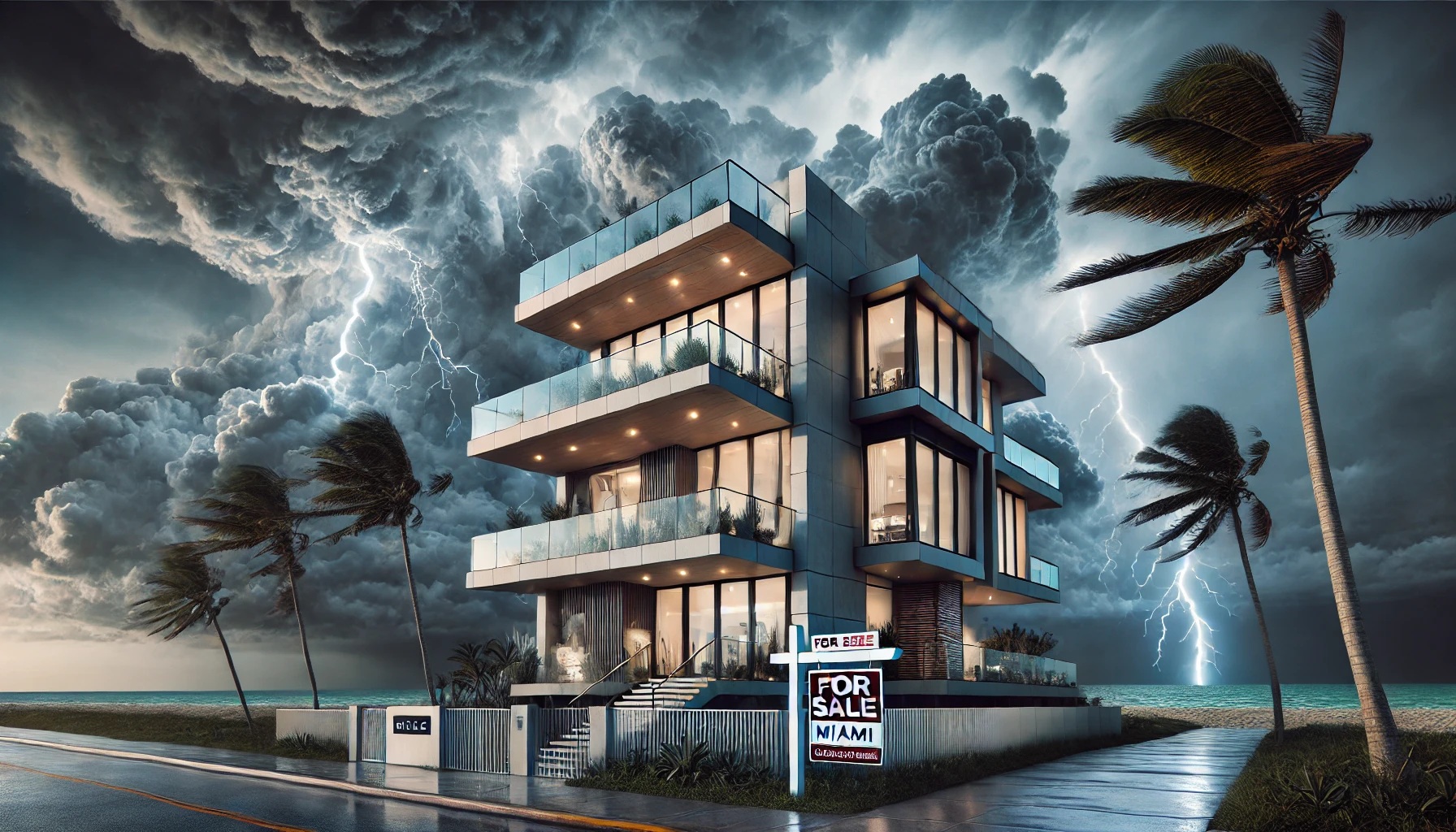Starting a property business in Miami is an exciting venture—until the unpredictable weather rolls in. From scorching summers to sudden hurricanes, the property business when Miami weather hits can feel like a rollercoaster ride. But here’s the good news: with the right strategies, you can not only survive but thrive in this dynamic market. Miami’s unique climate shapes everything from property values to buyer preferences, and understanding how to adapt is key to staying ahead. In this article, we’ll dive into actionable tips, market insights, and clever ways to turn Miami’s wild weather into your business advantage.
Why Miami Weather Matters in Property Business
Miami’s tropical climate is a double-edged sword for property investors and developers. On one hand, the sunny beaches and warm winters attract millions of tourists and new residents every year. On the other, hurricanes, heavy rains, and rising sea levels pose real challenges. For anyone in the property business when Miami weather hits, these factors directly influence property demand, insurance costs, and even construction timelines. According to the National Oceanic and Atmospheric Administration (NOAA), Miami faces an average of six hurricane threats per decade, making weather preparedness a non-negotiable part of the game.
The Hurricane Effect on Property Values
Let’s talk hurricanes—they’re the big, stormy elephants in the room. When a major storm like Hurricane Irma barrels through, it can temporarily tank property sales as buyers hesitate. However, post-storm recovery often sparks a surge in demand for resilient homes. Smart investors in the property business when Miami weather hits know this cycle and scoop up properties at lower prices during the dip, then flip them when the market rebounds. Data from the University of Miami’s real estate studies shows that homes with storm-proof features—like impact windows or elevated foundations—sell 15% faster after a hurricane season.
Adapting Your Property Business Strategy
So, how do you make the most of Miami’s wild weather? It starts with adapting your approach. Whether you’re flipping homes, managing rentals, or developing new projects, weather resilience is your golden ticket.
Build Weather-Proof Properties
Investing in durable materials pays off big time. Think concrete over wood, flood-resistant landscaping, and solar panels to offset power outages. Buyers in Miami prioritize homes that can withstand a Category 5 storm, and they’re willing to pay a premium for peace of mind. For inspiration, check out Forbes’ guide to hurricane-proof homes, which highlights trends shaping the property business when Miami weather hits.
Timing Your Market Moves
Timing is everything in this game. The rainy season (June to November) often slows construction and cools buyer interest, making it a great time to negotiate deals with sellers. Conversely, the dry season (December to May) sees a boom in tourism and relocation, driving up demand. Savvy players in the property business adjust their buying, selling, and marketing calendars around these shifts.
Marketing Tips for Miami’s Property Scene
Weather doesn’t just affect buildings—it influences how you sell them. Highlighting weather-ready features in your listings can set you apart from the competition.
Use Weather as a Selling Point
Got a property with a reinforced roof or a backup generator? Shout it from the rooftops—figuratively, of course. Phrases like “hurricane-ready retreat” or “flood-proof paradise” resonate with Miami buyers. When crafting your listings, weave in the property business when Miami weather hits naturally to boost SEO while appealing to local searches. For example, a photo of a sleek, storm-proof home could have an alt text like: “Modern Miami home designed for the property business when Miami weather hits.”
Leverage Digital Tools
Platforms like Zillow or Redfin let you target buyers searching for resilient properties. Pair that with a solid social media strategy—think Instagram posts showing your properties standing strong after a storm—and you’ve got a winning combo. The key is consistency and authenticity, showing clients you understand their weather-related concerns.
Insurance and Financial Planning
No discussion about the property business when Miami weather hits is complete without tackling insurance. Miami’s high-risk status means premiums are steep, but they’re also your lifeline. Work with brokers who specialize in coastal properties to find policies that balance cost and coverage. Also, consider setting aside a weather contingency fund—hurricanes don’t wait for your bank account to catch up.
Before wrapping up, check out our piece on “How Climate Change Impacts Property Investment” for more insights on navigating tricky climates like Miami’s.
The Long-Term Outlook
Miami’s weather isn’t going anywhere, and neither is its appeal. Rising sea levels might sound daunting, but they’re also pushing innovation in the property sector. Floating homes, eco-friendly designs, and stricter building codes are shaping the future. For those in the property business when Miami weather hits, staying ahead means embracing these trends, not fighting them.
After the conclusion, dive into “5 Tips to Start a Property Business in Coastal Cities” for a deeper look at adapting to environmental shifts.
Conclusion
Running a successful property business when Miami weather hits isn’t about avoiding the storms—it’s about thriving through them. By building resilient properties, timing your moves, and marketing smartly, you can turn Miami’s chaotic climate into a competitive edge. With the right mindset and preparation, the Sunshine State’s wild weather becomes less of a threat and more of an opportunity. So, gear up, stay informed, and watch your property business flourish, rain or shine.


